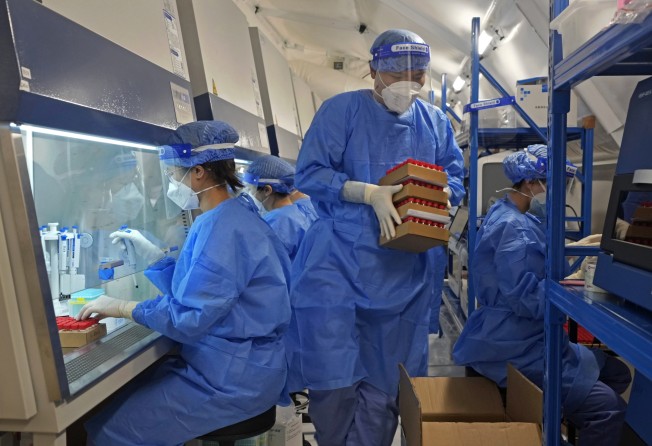Editorial | Importing carers is part of the solution
- Given the circumstances, there is no reason why Hong Kong should not swing open the door for mainland workers while extending the offer to locals at the same time
- The job also involves a certain degree of risk and hardship.

From social-distancing restrictions and testing to isolation and treatment, the shifting Covid-19 responses by the Hong Kong government have irked many people.
Among the debatable measures is the importation of temporary care workers from the mainland. Controversial as it is, the cross-border recruitment is a quick fix amid an urgent manpower crisis in the coronavirus-stricken health care sector.
Print option is available for subscribers only.
SUBSCRIBE NOW